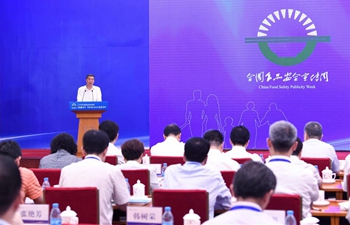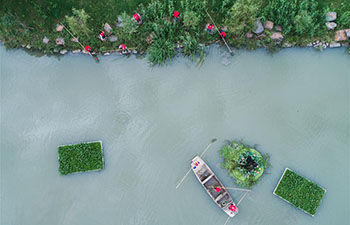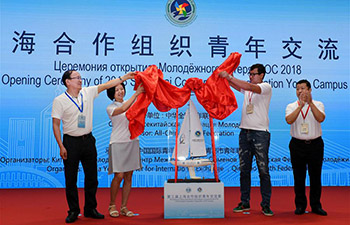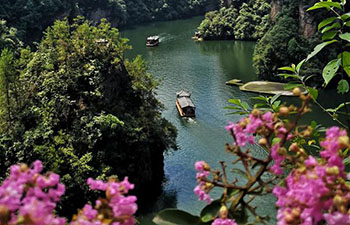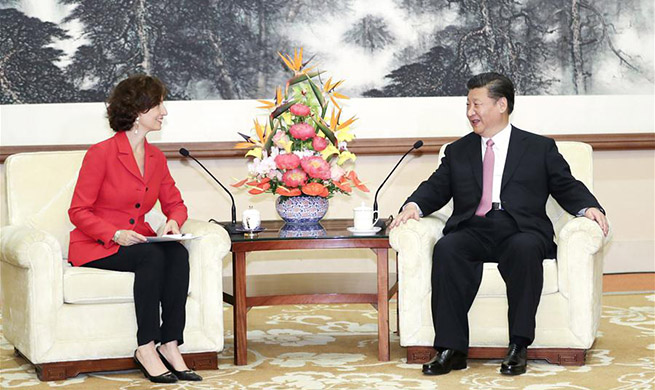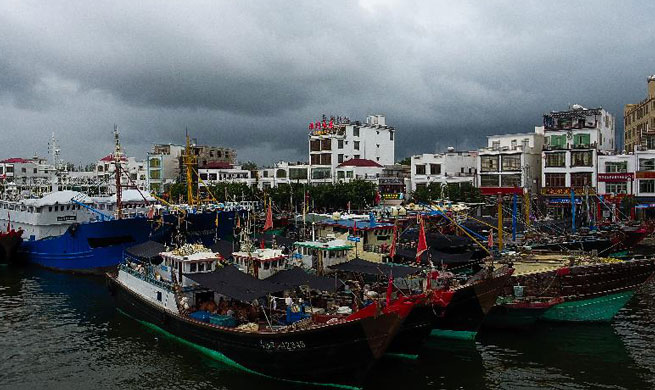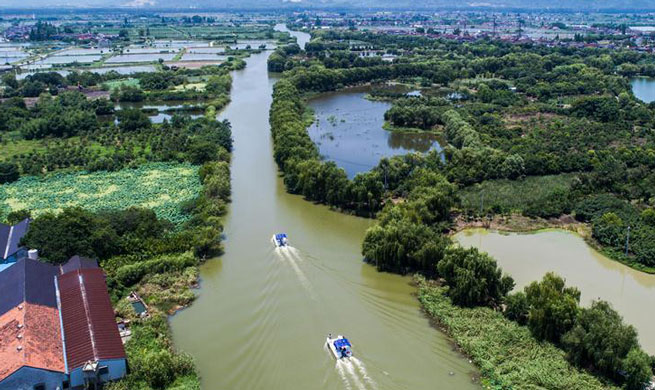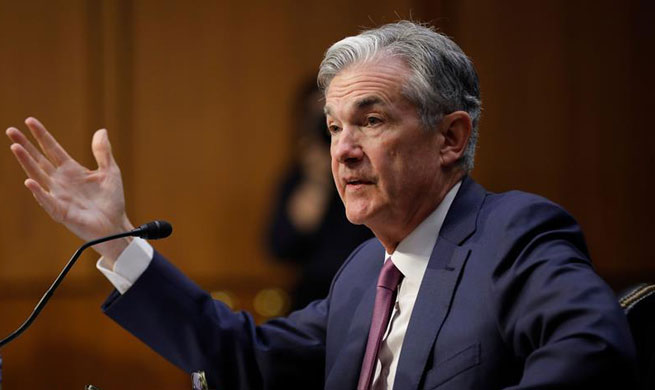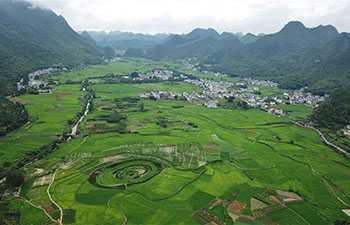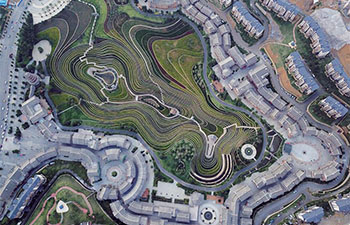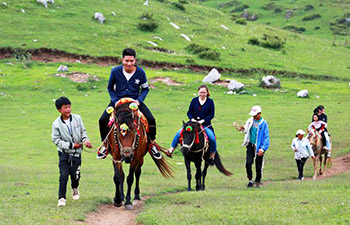UNITED NATIONS, July 17 (Xinhua) -- A United Nations official on Tuesday urged member states to support the humanitarian response and revitalization of West Africa and the Sahel.
Mohamed Ibn Chambas, special representative of the UN secretary general for West Africa and Sahel, made the remarks while briefing the Security Council on the recent activities of the United Nations Office for West Africa and the Sahel (UNOWAS), as well as developments on the ground.
Urging member states to support the humanitarian response and revitalization of the region, he said violence between farmers and herders is increasingly a major security threat, and risks morphing into the terrorist attacks that have defined the security landscape.
In that vein, he emphasized that any military response to those security challenges must be matched by the implementation of comprehensive strategies linking security and humanitarian interventions to development and human rights initiatives.
In other recent developments, he said, piracy in the Gulf of Guinea increased over the reporting period with both drug smuggling and the trafficking of small arms and light weapons, including by terrorist groups, posing major threats.
Since he last addressed the Council, he said, positive movement on the democratization front has been competing with the region's volatile security situation.
In the Sahel and the Lake Chad Basin, the spillover of the Malian crisis is increasingly affecting Burkina Faso and Niger, and terrorist groups continue to cause devastation throughout the region.
"The complexity of recent attacks is a worrying outcome of West African and Sahelian Islamist groups reinforcing their linkages," he said, adding that local insurgencies are also spreading, exacerbating intercommunal conflicts and undermining state authority.
Expressing concern over alleged human rights violations by security forces in the region, he called upon its governments to prevent such violations and bring the perpetrators to justice.
In the Lake Chad Basin, despite gains made by the Nigerian armed forces and the Multinational Joint Task Force, launched by the five countries that make up the Group of Five for the Sahel (G-5 Sahel), Boko Haram and the West Africa province of Islamic State in Iraq and the Levant remain active.
On July 1, an attack in Niger killed 10 of that country's soldiers, and Boko Haram's trend of using female and child suicide bombers continues.
Calling for increased and holistic support to diplomatic, security and humanitarian responses to Boko Haram, he said UNOWAS is providing technical support for a joint summit of the Economic Community of West African States (ECOWAS) and the Economic Community of Central African States (ECCAS) on the matter on July 30.
Describing environmental degradation and socioeconomic marginalization, impacting some 45 million people, resulting from Lake Chad's severe depletion, he said an estimated 2.3 million remain displaced by the aggregate effects of insecurity, weak governance and climate change.
Spotlighting an upsurge in popular discontent in the region, manifested through often violent demonstrations calling for political and economic reforms, he said several countries of the region also continue to struggle with justice, national reconciliation and human rights challenges.
In that regard, he urged member states to provide an enabling environment for the exercise of freedoms of expression and assembly, which are critical to the consolidation of democracy and good governance, and noted that, in a positive development, Benin and Burkina Faso recently abolished the death penalty.
The region has continued on a positive trajectory since his last briefing, with local elections in Guinea, local and municipal elections in the Gambia, and presidential, legislative and local elections in Sierra Leone.
Noting that the continuing political crisis in Togo has already caused the suspension of parliamentary elections, he outlined ECOWAS mediation efforts to overcome the political impasse, warning that "democratic gains in the region are not immune to reversal."




